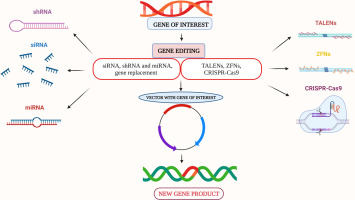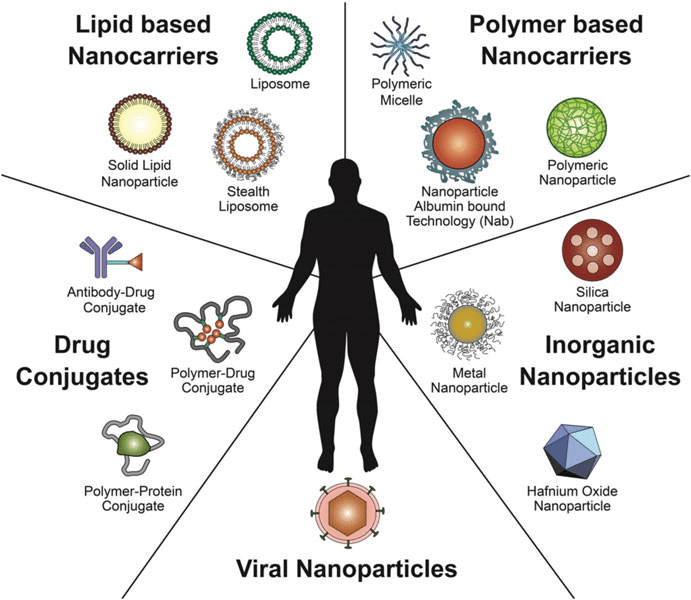Pharmaceutical research has always been at the forefront of medical advancements, continuously pushing the boundaries of what is possible in the treatment and prevention of diseases. Recent breakthroughs in this field are particularly exciting, offering new hope for patients and transforming healthcare. This article explores some of the most significant recent developments in pharmaceutical research.
Role of Pharmaceutical Sciences in Future Drug Discovery
Precision Medicine
Precision medicine tailors treatment to the individual characteristics of each patient. By analyzing a person's genetic makeup, lifestyle, and environment, researchers can develop targeted therapies that are more effective and have fewer side effects than traditional treatments. One example is the use of targeted cancer therapies, which attack specific genetic mutations in cancer cells without harming healthy cells. These therapies are becoming increasingly common and are revolutionizing the way we treat cancer.
Immunotherapy
Immunotherapy harnesses the power of the body's immune system to fight diseases, particularly cancer. Recent advances in this field have led to the development of checkpoint inhibitors and CAR-T cell therapy. Checkpoint inhibitors, such as pembrolizumab (Keytruda), block proteins that prevent the immune system from attacking cancer cells. CAR-T cell therapy involves modifying a patient's T cells to better recognize and destroy cancer cells. These therapies have shown remarkable success in treating certain types of cancer that were previously considered untreatable.
RNA-based Therapies
RNA-based therapies, including mRNA vaccines and RNA interference (RNAi) treatments, are a new frontier in pharmaceutical research. The rapid development and deployment of mRNA vaccines against COVID-19 have demonstrated the potential of this technology. These vaccines use a small piece of the virus's mRNA to instruct cells to produce a protein that triggers an immune response. RNAi therapies, on the other hand, work by silencing specific genes that contribute to disease. For example, patisiran (Onpattro) is an RNAi drug used to treat hereditary transthyretin amyloidosis, a rare genetic disorder.
Gene Therapy
Gene therapy involves altering the genetic material within a person's cells to treat or prevent disease. This approach can potentially cure genetic disorders by correcting the underlying genetic defects. Recent successes include the approval of Luxturna, a gene therapy for a rare form of inherited blindness, and Zolgensma, a gene therapy for spinal muscular atrophy. These therapies represent a significant step forward in the treatment of genetic diseases.
Regenerative Medicine
Regenerative medicine aims to repair or replace damaged tissues and organs using stem cells and other technologies. One promising area of research is the development of lab-grown organs and tissues for transplantation. For example, researchers are working on creating bioengineered organs, such as hearts and kidneys, that could one day be used to replace damaged organs in patients. Additionally, stem cell therapies are being explored for their potential to regenerate damaged tissues, such as in the treatment of heart disease and neurodegenerative disorders.
Microbiome-based Therapies
The human microbiome, consisting of trillions of microorganisms living in and on our bodies, plays a crucial role in our health. Researchers are developing therapies that target the microbiome to treat various conditions, including gastrointestinal disorders, metabolic diseases, and even mental health conditions. For example, fecal microbiota transplantation (FMT) has been shown to be effective in treating recurrent Clostridium difficile infections, a severe bacterial infection of the gut.
Conclusion
The future of medicine is incredibly promising, with numerous breakthroughs in pharmaceutical research poised to transform healthcare. From precision medicine and immunotherapy to RNA-based therapies and regenerative medicine, these advancements offer new hope for patients and the potential to cure diseases that were once considered untreatable. As research continues to advance, we can expect even more innovative treatments to emerge, improving the quality of life for people around the world.
By staying informed about these developments, we can better understand the future landscape of healthcare and the exciting possibilities that lie ahead.

